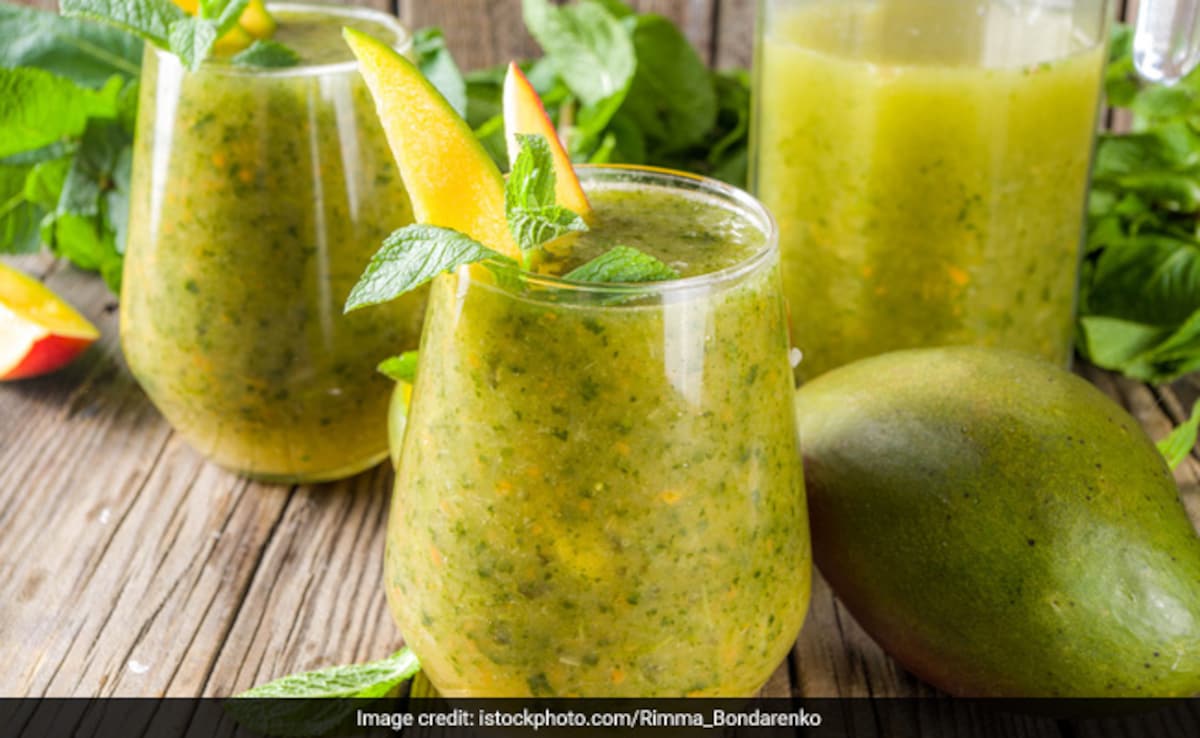Mango is one of the most-loved fruits during the summer season. Mangoes are available in different varieties throughout the season. The ‘King of Fruits’ is well-known for its sweet, juicy taste. However, many also adore the tangy raw mangoes that are commonly used to prepare pickles. Raw mangoes can be used in different ways. From aam panna to chutneys, raw mangoes can be added to a variety of foods and drinks. However, not many know that raw mangoes can offer some amazing health benefits too. Read on to know the nutritional value of raw mangoes and a list of reasons why you must add raw mangoes to your diet this season.
Raw mango health benefits: Do not miss these
1. Loaded with essential nutrients
Raw mangoes are a good source of vitamin A, K, C and B6. They are also loaded with fibre, folate, potassium, magnesium, iron and zinc.
2. Helps with digestion
According to nutritionist Lovneet Batra, raw mangoes are rich in fibre, promoting healthy bowel movements and preventing constipation. In one of her Instagram posts, she also mentioned that green mangoes can stimulate digestive acids and release bile juice to break down food.
3. Good for skin and hair
Nutrients like vitamin A, vitamin C, zinc, iron and vitamin E can nourish your hair and skin. Vitamin C can help with collagen formation. On the other hand, iron and zinc can make your hair stronger.
4. Boosts heart health
Raw mangoes contain antioxidants which can help fight against free radicals. Additionally, fibre and potassium can help lower blood pressure and boost overall heart health.
5. Good for diabetics
Raw mangoes contain natural sugars. However, a relatively low glycemic index does not contribute to blood sugar spikes. The high fibre content also makes them safe for diabetics.
During summer, you can beat dehydration with aam panna prepared with raw mangoes. It can also help you reap all the benefits of raw mangoes.
Disclaimer: This content including advice provides generic information only. It is in no way a substitute for a qualified medical opinion. Always consult a specialist or your own doctor for more information. NDTV does not claim responsibility for this information.














